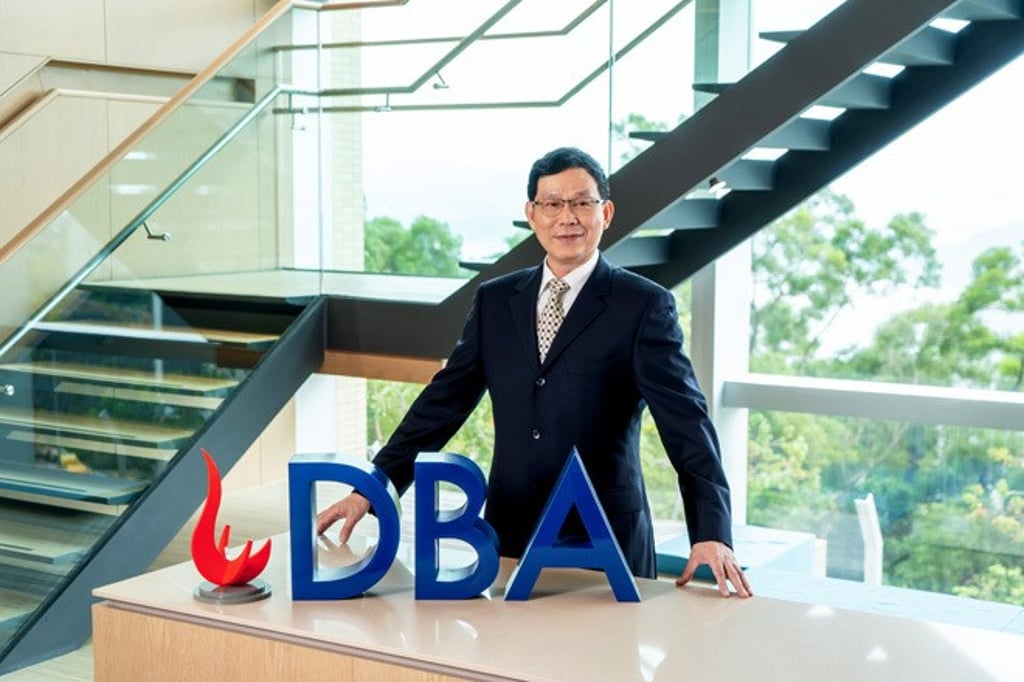DBA program at HKUST is pushing the frontiers
Candidates for the DBA (Doctor of Business Administration) offered by HKUST Business School should be prepared to undertake a rigorous but rewarding academic journey.

[Sponsored Article]
The four-year part-time program, which accepted its first cohort in September 2021, is taught by top-tier professors and combines coursework on the frontiers of different disciplines with independent research for a thesis that has direct relevance for today’s business world.
“Our students are a highly select group of senior executives, including corporate leaders, business owners and entrepreneurs,” says Professor Shaohui Zheng, Academic Director for the DBA program. “They are motivated to learn and keen to equip themselves with the benefits provided by formal doctoral training.”

In view of ongoing Covid restrictions, the initial courses in subjects ranging from statistics and financial accounting to marketing and research methodology are currently being taught in hybrid mode over long weekends. Importantly, though, HKUST has high-tech facilities for online classes which make it possible to maximise interaction, with in-depth discussions and group assignments contributing to an immersive learning experience.
